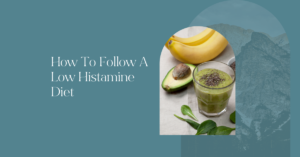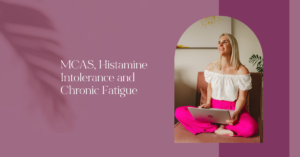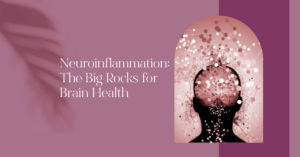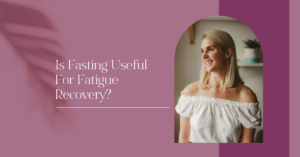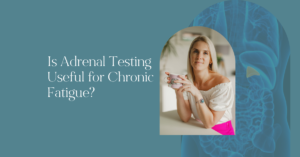The Adrenal Stress Index (ASI) is one of the tests that I recommend the most when working with clients. Although the adrenal glands are such a small gland, their function is completely fundamental to the overall picture of health.
The signs and symptoms of poor adrenal health include:
- low energy
- low mood
- a plateau or regression in performance
- feelings of poor recovery
- aching muscles and joints
- central weight gain and associated insulin resistance
- an and increased frequency of cold and infections, auto-immunty or other signs of imbalanced immune function
- sleep disruption
- increased ageing
- increased injury
- menstrual problems
- change in thyroid function
- blood glucose regulation problems
- elevated cholesterol, blood pressure or cardiovascular problems

Interestingly, despite displaying a couple or many of these symptoms many people will tell me: “I’m not stressed!”
There are a few reasons for this.
Firstly, we adapt to stress. This means that your current stress load can often feel normal to you.
Secondly, stress is a physiological response. It is a dominance of the sympathetic nervous system. This means that things we don’t often perceive to be stressful (exercise for example) are contributing to the total stress load of the body.
The opposite system is the parasympathetic nervous system, when the body is resting. A good way to assess the stressors in your life is to write down everything that you do which would use the different parts of the nervous system. Here is an example:
| SYMPATHETIC | PARASYMPATHETIC |
| Exercise
Drinking coffee Eating meals Spending time on laptop, ipad, mobile phone Working Commuting Doing house chores Time on social media |
Meditation
Yoga Sleep Listening to music Reading a paper book Relaxing in the bath
|
For ideal sympathetic and parasympathetic balance we want to put in what we take out. Therefore, we should spend equal amounts of time each day using each system. For a healthy biorhythm, it is suggested we spend 12 consecutive hours a day doing those activities listed under parasympathetic and 12 hours a day listed under sympathetic.
This means if you wake at 5:30am and have a coffee before heading to the gym, you would want to complete all your sympathetic activities by 5:30pm, this includes time spent eating and watching TV, browsing Facebook etc…
This may be seem unrealistic for many and the more unrealistic it seems to you, the more “stressed” you probably are because it is likely you are taking up too much time doing sympathetic activities because you are trying to fit too much into the day.
What is the solution?
Cut back on sympathetic activity 1 hour (or even 30 minutes) at a time. Replace your “sympathetic time” with “parasympathetic time”. This could be choosing to go to bed an hour earlier or making some time to meditate, treat yourself to a hot bath or reading a paper book.
If you are thinking “I don’t have time for this” you are probably the person who needs to make the time…


